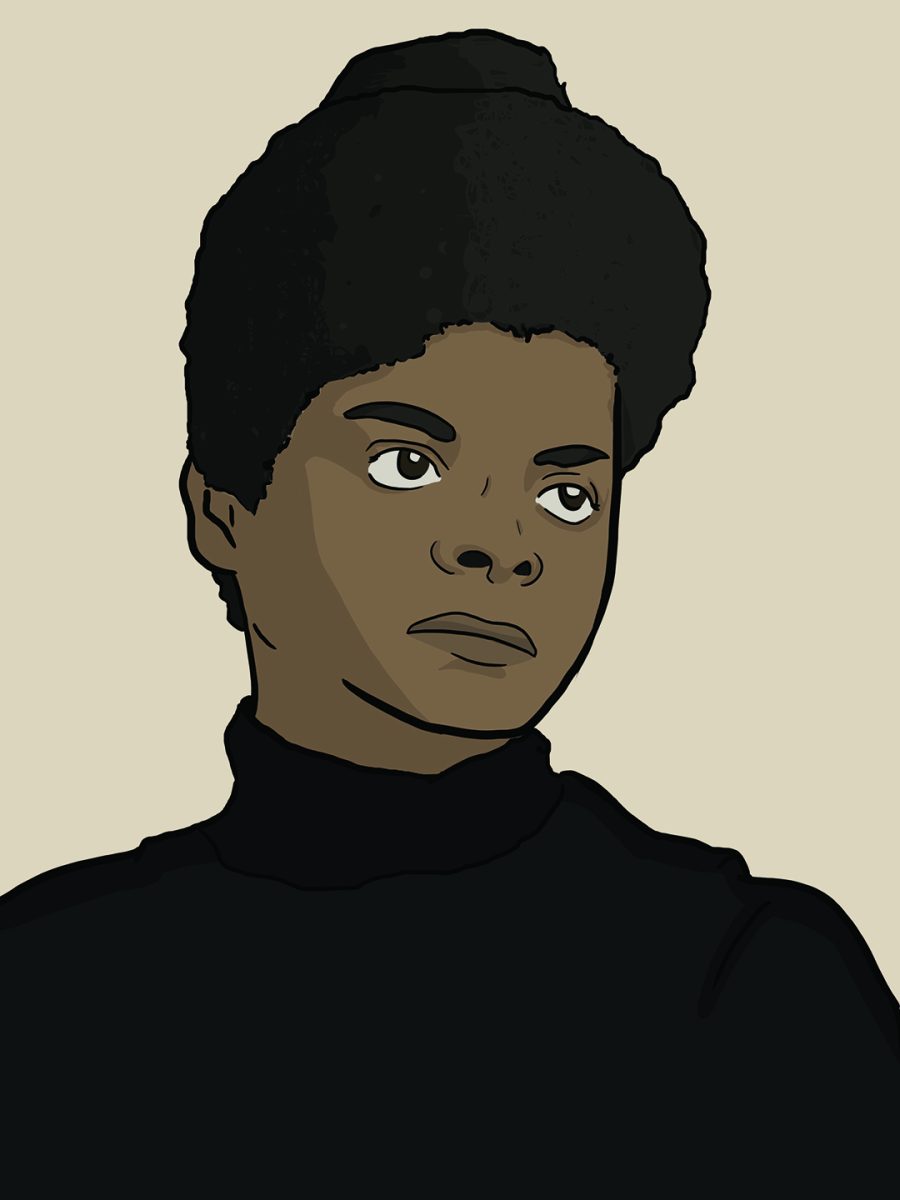Ida B. Wells is an American icon, journalistic pioneer and one of the most effective radical leaders of the civil rights movements of the early 20th century, working alongside the likes of W.E.B. Du Bois and Frederick Douglass.
Despite her major contributions to American history, for most, she is nothing more than an obscure figure often forgotten or only loosely associated with the founding of the National Association for the Advancement of Colored People.
Her erasure from the canon of American civil rights offers a much-needed insight into the way progressive communities often treat black womanhood even today.
Born July 16, 1862, Wells was born into slavery several months before Abraham Lincoln signed the Emancipation Proclamation freeing slaves across the South. After losing both parents and one sibling to a yellow fever epidemic in 1878, she began teaching when she was just 16 years old in order to support her six remaining siblings.
In her adult life, Wells used her investigative journalism to debunk the myth southern mob violence and lynching was a justified response to a trend of black men raping white women. Not only did she reveal trends of lynching correlated more with economic competition between racial groups than sexual violence, to the rage of her white audience, she pointed out a good portion of the relationships between black men and white women were likely consensual.
Wells published her findings in a pamphlet called “Southern Horrors: Lynch Law in All Its Phases” (1892) and a book titled “The Red Record” (1895). Wells further utilized her journalism to mobilize the Black population of Memphis—which at the time made up 50 percent of the overall population—to leave the town that refused to protect them from such violence. This kind of action is an early example of leveraging black economic worth against southern towns that would later become the cornerstone of much of the civil rights movements of the ‘50s and ‘60s.
Wells continued to fight into the 20th century as the leading voice against lynching across America.
In 1909, she was one of only two African-American women who responded to the call to help form what would later become known as the NAACP. Though many assumed her position on the board of founding members was all but guaranteed due to her more than two decades of poignant anti-lynching activism, her name was excluded from said list.
The decision, made by Dubois himself—though not in a vacuum, given that he was the only African-American on the selection committee—marks a pivotal moment in the growing efforts to suppress Wells’ influence and legacy. In the subsequent years, the NAACP would play a major role in the co-opting of Wells’ anti-lynching messaging and strategies, particularly by high ranking white women in the organization.
Ida B. Wells’ erasure is not a matter of an unspoken era or the usual effect of white supremacy on history; it was a deliberate, passive-aggressive effort on the part of her colleagues. Furthermore, her experience reverberates throughout a consistent history of some of the most powerful black women activists conveniently missing from mainstream progressive narratives: Ella Baker, Claudia Jones, and Kathleen Cleaver are just a few that come to mind.
Many radical activists are happy to hear of the accomplishments black women make and utilize said accomplishments, but minimize the amount of time they spend actually working with or for black women and their issues.
Too often, people who are eager to take up radical causes for humanity are willfully ignorant to the absence of black women’s voices. If we who claim to strive for a just world continue to tolerate the erasure of the work black women do and continue to allow radical spaces to work while ignoring their unique experiences, we have doomed ourselves to a repetitive fate that will continue to limit our progress.
Categories:
Happy Birthday, Ida B Wells: How the erasure of black women activists will doom us all
July 16, 2017
Photo Illustration by Haley Prieto
0
Donate to The University Star
Your donation will support the student journalists of Texas State University. Your contribution will allow us to purchase equipment and cover our annual website hosting costs.
More to Discover






